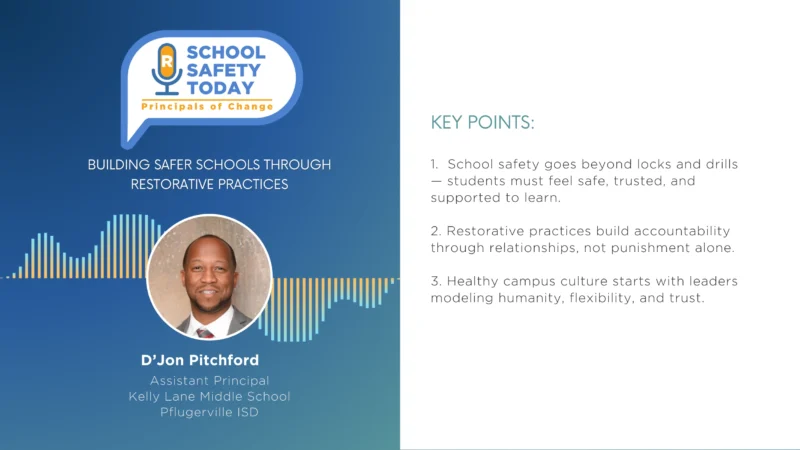Gartner Survey Reveals 82% of Company Leaders Plan to Allow Employees to Work Remotely Some of the Time
A Gartner, Inc. survey on June 5 of 127 company leaders, representing HR, Legal and Compliance, Finance and Real Estate, revealed 82% of respondents intend to permit remote working some of the time as employees return to the workplace. For many organizations with employees working both onsite and remotely, adapting to a new, more complex hybrid workforce is the challenge as how people work together to get their job done evolves.
Nearly half (47%) said they intend to allow employees to work remotely full time going forward. For some organizations, flex time will be the new norm as 43% of survey respondents reported they will grant employees flex days, while 42% will provide flex hours (see Figure 1).
“The COVID-19 pandemic brought about a huge experiment in widespread remote working,” said Elisabeth Joyce, vice president of advisory in the Gartner HR practice. “As business leaders plan and execute reopening of their workplaces, they are evaluating more permanent remote working arrangements as a way to meet employee expectations and to build more resilient business operations.”
Organizations that are welcoming employees back to the workplace are instituting a variety of safety measures. Respondents were nearly unanimous in planning to limit face-to-face meetings (94%) and providing protective equipment such as masks and hand sanitizer (91%). Eighty-three percent of respondents said they intend to limit or sequence employee attendance at the workplace.
“The question now facing many organizations is not how to manage a remote workforce, but how to manage a more complex, hybrid workforce,” said Ms. Joyce. “While remote work isn’t new, the degree of remote work moving forward will change how people work together to get their job done.”
As employers move toward a hybrid workforce, the productivity of remote employees is a frequent topic of conversation. However, just 13% of business leaders voiced concerns over sustaining productivity. While 61% of business leaders surveyed by Gartner have implemented more frequent manager-employee check-ins, 29% report not taking any measures to track productivity remotely.
Among the challenges of managing a hybrid workforce, 30% of business leaders are most concerned with maintaining corporate culture. Thirteen percent of respondents reported concern over creating parity between the remote and in-office experience; 13% also are concerned about providing a seamless employee experience.
“It is critical that employers get their corporate culture and employee experience right during this period of uncertainty,” said Brian Kropp, chief of research for the Gartner HR practice. “Both facets help ensure organizations achieve the financial, reputation and talent outcomes that will drive business outcomes and competitive advantage.
Gartner for HR clients can learn more by viewing the webinar Return to the Workplace: Benchmarking Against Your Peers.
CHROs and HR leaders can learn more about how to lead organizations through the disruption of coronavirus in the Gartner coronavirus resource center for HR, a collection of complimentary Gartner research and webinars to help organizations globally respond, manage and prepare for the next phase of COVID-19.









